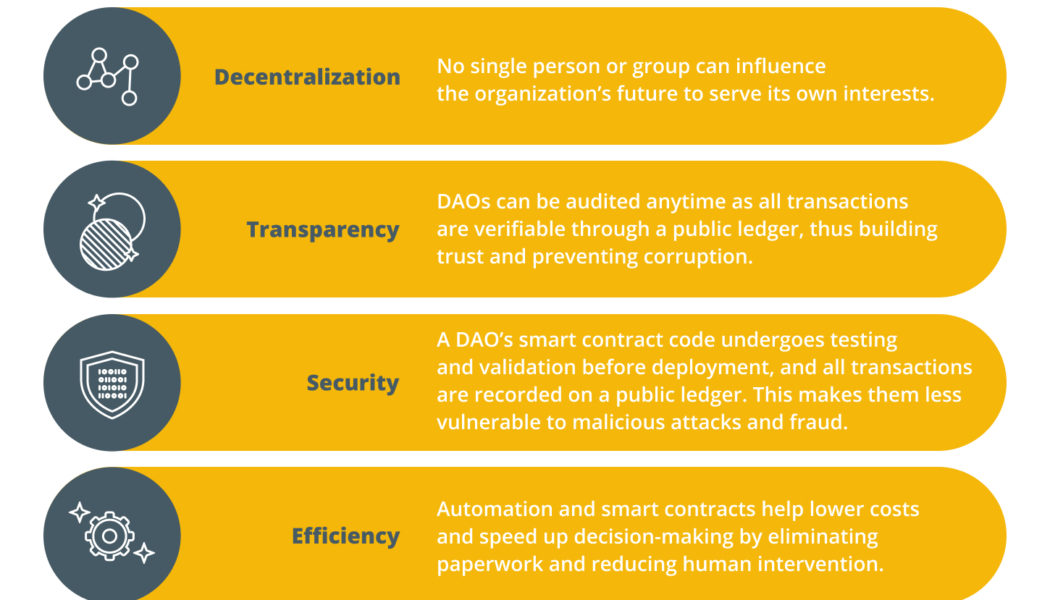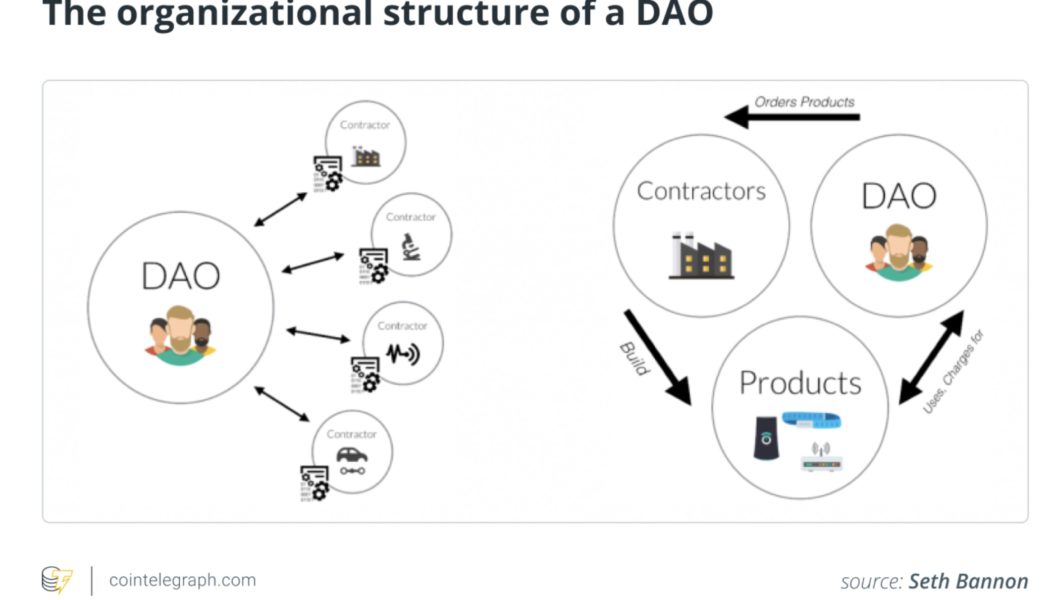Decentralized Autonomous Organizations
DAOs need checks and balances to have better governance
Over the past few years, decentralized autonomous organizations (DAOs) have introduced a clear paradigm shift in blockchain governance. With their community decision-making and adherence to hardcoded rules, they have challenged the role of hierarchy and central authority that are present in modern organizations, especially as it pertains to business. Ideologically, DAOs have a lot in common with democracies: individuals holding an amount of a DAO’s specific token can allocate those tokens as votes on governance proposals. Once voting has concluded, the final outcome is executed autonomously by smart contracts. In functional democracies, however, citizens elect representatives to legislate laws and govern society, and periodic elections and an independent judicial system help ensure t...
Waves founder: DAOs will never work without fixing governance
Decentralized Autonomous Organizations (DAOs) have been heralded as the future of governance, unlocking a more egalitarian approach to decision-making. However, decentralizing leadership isn’t a magical solution that instantly leads to better results. To truly get the most out of a decentralized organization, steps must be taken to regulate weighted voting and tokenomics. If not carefully balanced, DAOs can implode — and some already have. Decentralized governance explained DAOs offer a model for managing a project or company that distributes voting rights across all members. There is usually no central authority, only the will of the collective. While this sounds equitable in theory, the opposite can be true for certain governance models. Perhaps most problematic of all structures a...



